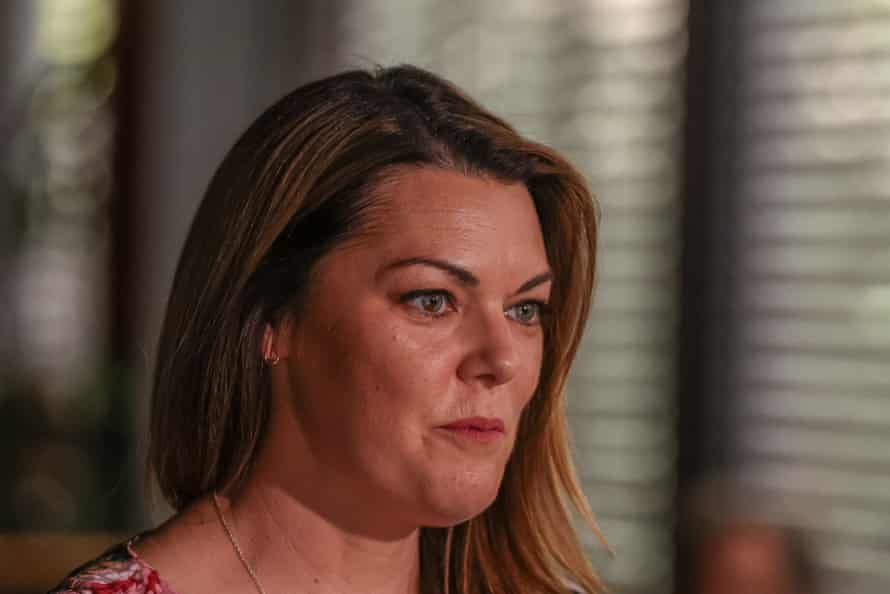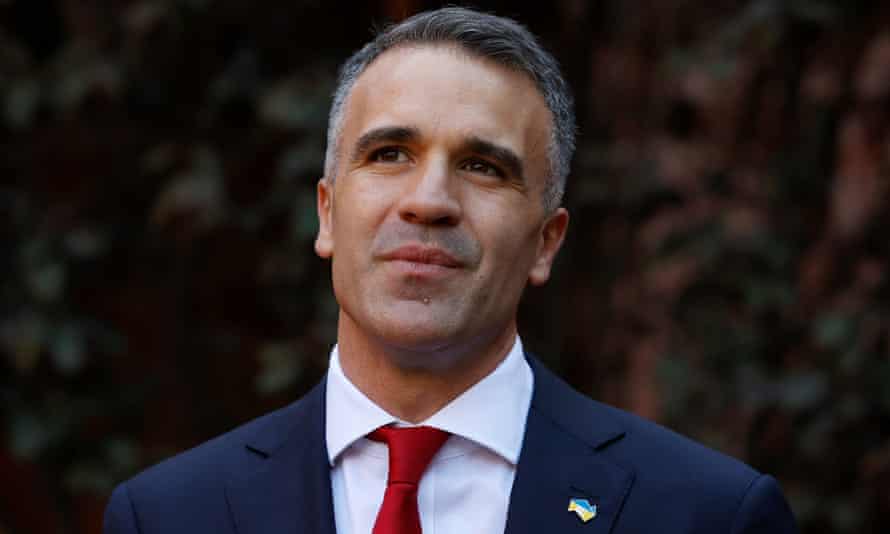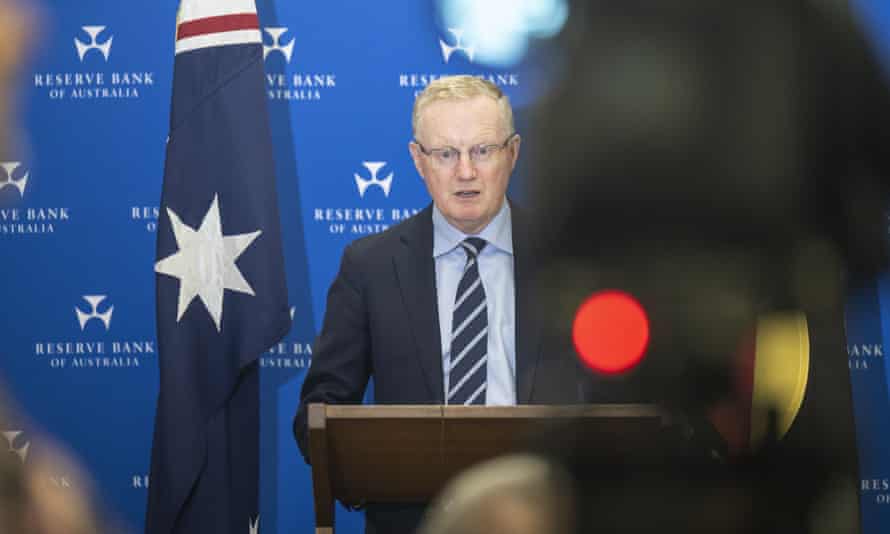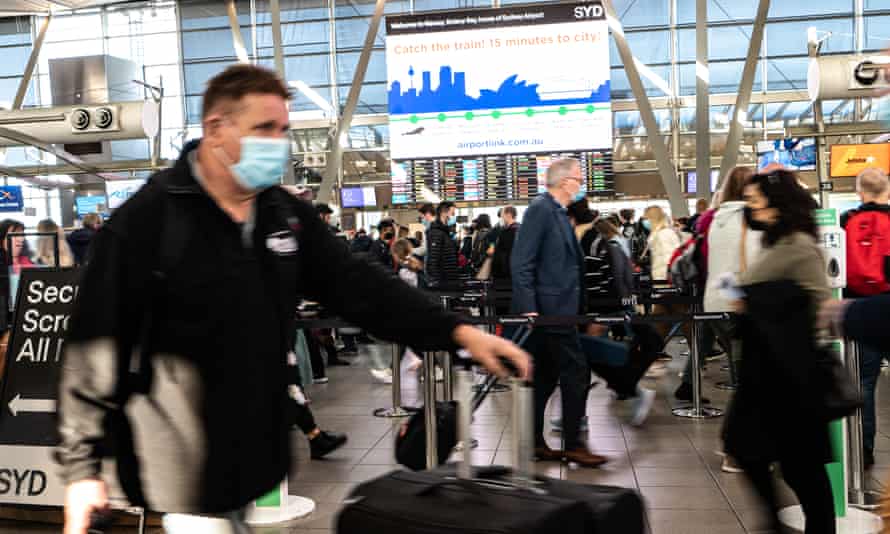
Quick note:
Really keen to speak with some older people and parents on jobseeker payments about the current (and the constant) cost of living challenges you’re facing, particularly rent, power and groceries. Please send me a DM or email luke.henriques-gomes@theguardian.com if you can help.
— Luke Henriques-Gomes (@lukehgomes) June 14, 2022
NSW records 14 Covid deaths and 7,260 new cases
NSW is reporting 7,260 new Covid cases and 14 deaths this morning.
COVID-19 update – Wednesday 15 June 2022
In the 24-hour reporting period to 4pm yesterday:
– 96.5% of people aged 16+ have had one dose of a COVID-19 vaccine
– 95% of people aged 16+ have had two doses of a COVID-19 vaccine pic.twitter.com/stTmc5DDUN— NSW Health (@NSWHealth) June 14, 2022
Head of energy regulator says price cap not to blame for energy crisis
In what I assume will be an ongoing theme for the day, Clare Savage, chair of the Australian Energy Regulator, has refuted claims the price cap is to blame for generators choosing to withhold energy from the grid.
Savage was on ABC Radio Melbourne and said she would meet with generators today to encourage them to bid to market if they have generation available.
There is a process to make sure that generators can recover their costs. I don’t think that’s an excuse.
If generators have supply available they need to be bidding it into the market. They will receive the $300 which is the price cap and if they have costs in excess of that, they will be recovered.
Savage conceded that the regulator would consider lifting the cap beyond 300 megawatts per hour, but added it was no excuse for generators not to bid. She also said the volatility of the wholesale market would not likely affect consumers.
I think it’s really important to distinguish between what is a wholesale market.
There’s a lot of difficulty in the wholesale market right now … but retail customers are largely protected from that.
Bill Shorten to highlight wider economic benefits of NDIS
NDIS minister Bill Shorten will today address the Where to From Here? national disability conference, with the Sydney Morning Herald reporting he will announce his focus will be to “improve the effectiveness of the NDIS”.
Shorten says there is “significant” opportunities to improve the system, with an eye on employment outcomes, adding that people usually take “a narrow view of sustainability.”
If the NDIS is effective, there’s a huge return on our investment in years to come. Not only does this return include stronger meaningful social and economic connections for people with disabilities, there’s also a financial return to governments … including reducing health, employment, social security, housing and justice costs.

Sarah Hanson-Young says Australia ‘held hostage’ by energy companies
Greens senator Sarah Hanson-Young has told ABC News energy producers are “gaming the system”, adding that Australia was being “held hostage” due to a “broken” system.
Hanson-Young called for a greater government response to reform regulations, which she implied were being manipulated by corporations that are holding energy supply to profit from schemes encouraging them to produce more energy.
It’s quite clear that the rules are broken, the market is broken. This whole system needs to be reviewed.
They’re effectively … withholding supply, waiting for the energy agency to beg them to bid into the market, only then to get more money through compensation.
This is highway robbery by these big corporations, and it’s time they were pulled into line.
It’s polluting, it’s dirty fuel that’s getting increasingly expensive, most of it is foreign-owned, the profits go overseas, and they don’t pay too much tax. Australians are sick of it.

SA premier urges federal intervention in east coast energy crisis
South Australian premier Peter Malinauskas is urging the federal government to intervene in the energy crisis gripping the east coast, saying the situation is a result of a “market failure on a grand scale”.
Malinauskas was speaking to the ABC and said his government were investing $600m into a hydrogen power plant to ensure the state has a “stable and secure” energy source.
We are witnessing market failure on a grand scale … across the national electricity market in a way that I think a range of policymakers should be deeply ashamed of.
We are in a first-world country that is energy rich, and the fact we’ve now got Australians being told to turn porch lights off to keep the system going, I think that is somewhat of an embarrassment.

RBA boss says inflation could hit 7%
Last night the Reserve Bank governor, Philip Lowe, was on the ABC’s 7.30 giving a rare insight into his thinking.
Lowe said he was determined to ensure inflation is returned to 2-3%, while warning it might reach 7% by the end of the year, well above the 6% forecast by the bank only a couple of weeks ago.
We’ll do what’s necessary to get inflation back to 2-3%. It’s unclear at the moment how far interest rates will need to go up to get that.
I think by the end of the year inflation will get too close to 7%, and we need to chart a course to bring it back down.

Lowe stressed that interest rates had been at “emergency levels” in response to the pandemic, and that the situation needed to “gradually return to normal”.
I say that because the midpoint of our inflation target is 2.5%, so an interest rate of 2.5% in inflation-adjusted terms is really an interest rate of zero, which in historical terms is a very low number.
How fast we get to 2.5%, indeed whether we get to 2.5%, is going to be determined by events.
Energy boss says price cap ‘incentivising’ generators to withhold power
Australian Energy Council chief executive Sarah McNamara says the price cap might be “incentivising” generators to withhold power.
McNamara was on RN Breakfast this morning and she blamed the price cap of $300 per megawatt hour – which she said is “significantly below” the wholesale cost of electricity for most generators – for the energy crisis.
Some generators have responded by preferring in some cases to withdraw supply and wait to be directed on the market operator.
There is sufficient capacity in the market but the situation is tight. The price has the effect of incentivising some generators to sit on the sidelines and await direction from the market.
That’s because those generators are being squeezed between the price cap and their high input costs. Now, either way, because we’re in an administered pricing situation, there is a compensation regime available, and the industry is in conversations with the regulator and the market operator about how these things work.
But the truth is, we’re in a unique situation, and we’re deep in the weeds of market rules that hadn’t been engaged with before by many of the market participants. So it’s really an unprecedented set of circumstances .
Mask mandates to ease at airports

Daniel Hurst
Mask mandates are set to be eased in airport terminals across Australia after health officials found the rule was “no longer proportionate”, just days before Anthony Albanese meets with state and territory leaders.
The Australian Health Protection Principal Committee (AHPPC) said in a statement issued late on Tuesday that it was proposing mask wearing in airport terminals “no longer be mandated” from as early as this Friday night:
The AHPPC notes that all states and territories have relaxed mask mandates in most settings within the community and considers that it is no longer proportionate to mandate mask use in airport terminals. The AHPPC proposes that mask wearing in airport terminals no longer be mandated from as early as midnight 17 June 2022.
Despite the proposal to no longer make them compulsory, the AHPPC said it “continues to strongly recommend continued mask wearing in airport terminals and other indoor settings, especially where physical distancing is not possible”.
The body said masks minimised Covid-19 and influenza transmission and protected “those who are unable to get vaccinated and people who have a higher risk of developing severe illness”.
The federal government responded to the new advice, saying it anticipated the travelling public would “notice this change in the days following Friday as individual state and territory jurisdictions make the necessary changes to their public health orders”.
The health minister, Mark Butler, and the transport minister, Catherine King, thanked “the thousands of people who work in our airport terminals around Australia who have followed the rules to keep us safe” and “the travelling public for continuing to comply with the ongoing regulations”.
The AHPPC brings together state, territory and federal chief medical and health officers. The prime minister is due to meet with state premiers and territory chief ministers at a national cabinet meeting on Friday.

Good Morning
Good morning from bitterly cold Sydney, this is Mostafa Rachwani and I’ll be taking you through the news today.
We begin with the Fair Work Commission, which will deliver its verdict on an increase to the minimum wage. The commission’s expert panel, headed by president Iain Ross, will announce its decision at 10am, after the new government backed a 5.1% increase, in line with inflation.
Prime minister Anthony Albanese will be holding his first cabinet meeting in Queensland, in the manufacturing city of Gladstone, in a bid to reconnect with locals. The meeting will be paired with a lunchtime civic reception for local residents to ask questions of the MPs.
Last night Reserve Bank governor Philip Lowe said in a rare interview that the RBA expects inflation to hit 7% by the end of the year, warning he’d “do what’s necessary” to keep inflation down.
Meanwhile, all eyes will be on the energy crisis after each of the five states in the national electricity market (Nem) – from Queensland to Tasmania – had a forecast shortfall of electricity, according to the Australian Energy Market Operator (Aemo). Aemo has warned Victoria could next face blackouts this evening.
We’ll keep you updated on that as well as everything else happening today.


